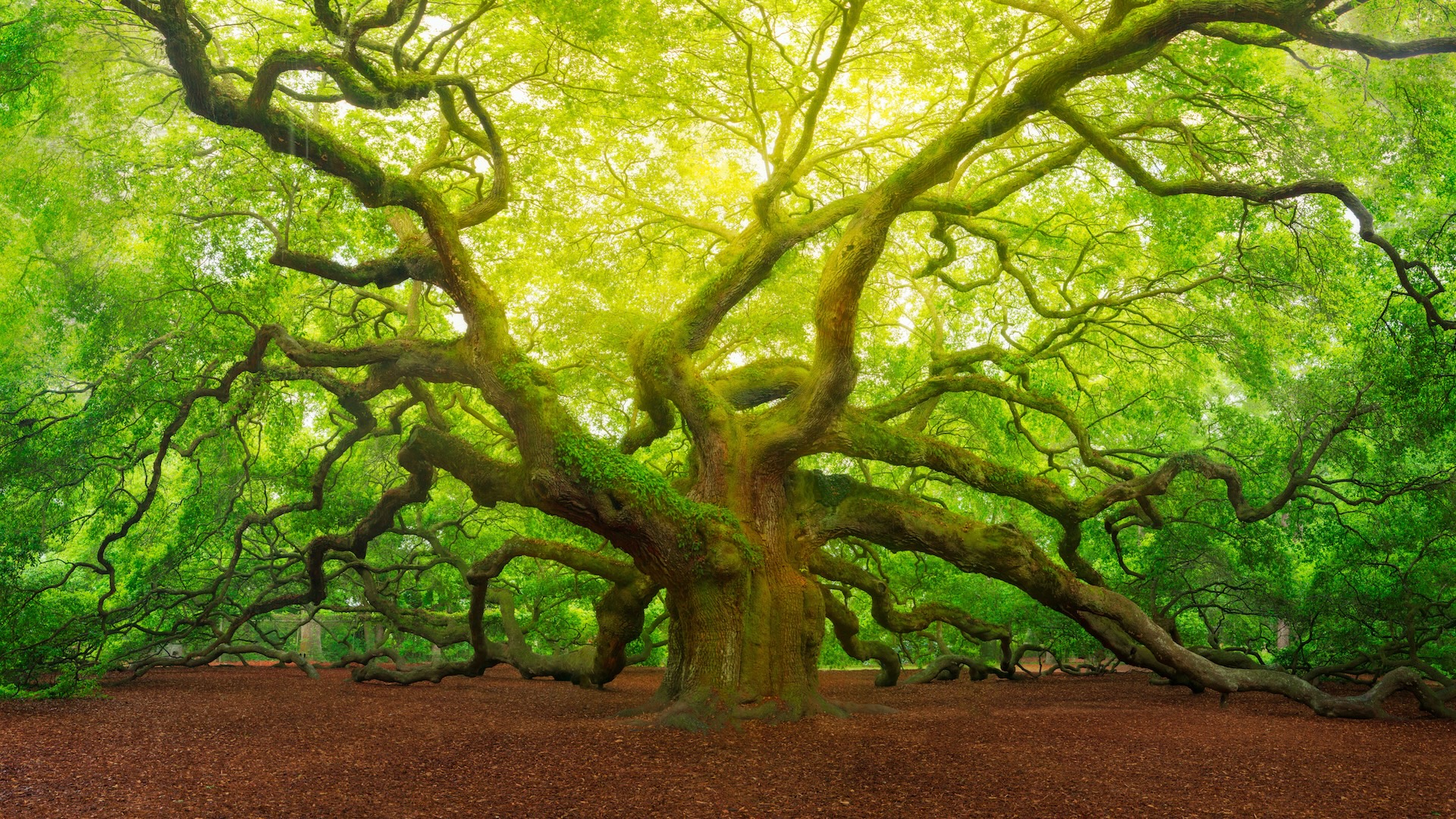Minerals, Vol. 14, Pages 307: Eddavidite, Cu12Pb2O15Br2, a New Mineral Species, and Its Solid Solution with Murdochite, Cu12Pb2O15Cl2
Minerals doi: 10.3390/min14030307
Authors: Melli Rosenblatt Marcus J. Origlieri Richard Graeme Richard Graeme Douglas Graeme Robert T. Downs
Eddavidite is a new mineral species (IMA2018-010) with ideal formula, Cu12Pb2O15Br2, and cubic Fm3¯m symmetry: a = 9.2407(9) Å; V = 789.1(2) Å3; Z = 2. Eddavidite is the bromine analog of murdochite, Cu12Pb2O15Cl2, with which it forms a solid solution series. The type locality is the Southwest mine, Bisbee, Cochise County, Arizona, U.S.A. Eddavidite also occurs in the Ojuela mine, Mapimí, Durango, Mexico. Eddavidite occurs as domains within mixed murdochite–eddavidite crystals. The empirical formula, normalized to 12 Cu apfu, is Cu12(Pb1.92Fe0.06Si0.06)(O15.08F0.02)-(Br0.99Cl0.89☐0.12). Type locality samples contain up to 67% eddavidite component, while Ojuela mine samples contain up to 62%. Mixed eddavidite–murdochite crystals show forms {100} and {111}; the habit grades from cubic through cuboctahedral to octahedral. Mixed eddavidite–-murdochite crystals exhibit good cleavage on {111}. Eddavidite is black, opaque with submetallic luster, and visually indistinguishable from intergrown murdochite. Its Mohs hardness is 4; dmeas. = 6.33 g/cm3, dcalc. = 6.45 g/cm3. The crystal structure, refined to R = 0.0112, consists of corner-sharing square planar CuO4 units, arranged in Cu12O24 metal oxide clusters, which encapsulate Br atoms. PbO8 cubes share edges with Cu12O24 clusters in a continuous framework. Eddavidite incorporates bromine remaining after desiccation of paleo-seawater at its two known localities, which were both once situated along the Western Interior Seaway.

 9 months ago
36
9 months ago
36


